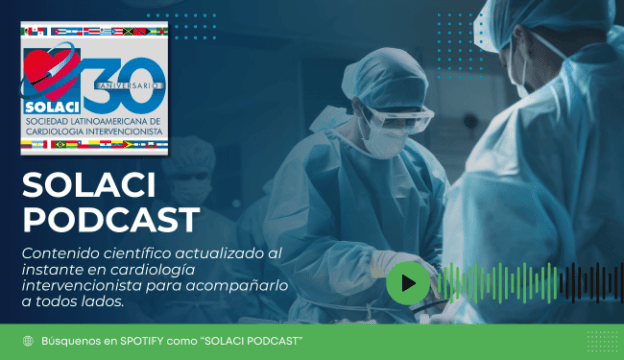Original Title: Predictors of Restenosis Following Carotid Angioplasty and Stenting.
Reference: Elena Zapata-Arriaza et al. Stroke. 2016 Jun 21. Epub ahead of print.

The study included all consecutive patients with carotid stenosis treated with PCI (n=1060) in a university hospital between 2002 and 2013. Prospective follow up evaluated restenosis, ipsilateral stroke or death. Restenosis was defined as ≥70% lesion by ultrasound to the carotid previously treated.
Of 1060 treated patients, 9.2% (97) evolved with restenosis at follow up (mean 12 months, range 9-32).
Restenosis occurrence was associated with ipsilateral stroke (p=0.049).
After logistic regression, researchers observed that hypertension (HR 6.2; p=0.002), reduced vasoreactivity (HR 1.7; p=0.019) and angioplasty without stent (HR 2.9; p=0.012) were independent predictors of restenosis >70%.
Conclusion
Carotid restenosis is associated to ipsilateral stroke at follow up. In this sample population, hypertension, balloon angioplasty and reduced vasoreactivity resulted predictors of restenosis.
Editorial Comment
Given the high prevalence of hypertension (the strongest predictor of restenosis) in patients with peripheral vascular disease in general, and with carotid lesion in particular, this data seem of little use to select patients before procedure. Something similar happens with balloon angioplasty that, even though a strong predictor in this series, has fallen into disuse. The relatively high rate of restenosis in this series might be associated to patients undergoing balloon angioplasty alone.
One question remains unanswered: how to treat restenosis. Nevertheless, at the time when these patients were enrolled, much of the current technology was not yet available.
Ultimately, it is safe to admit that restenosis is associated to stroke, which is why ultrasound follow up is important.
We value your opinion. You are more than welcome to leave your comments, thoughts, questions or suggestions here below.





